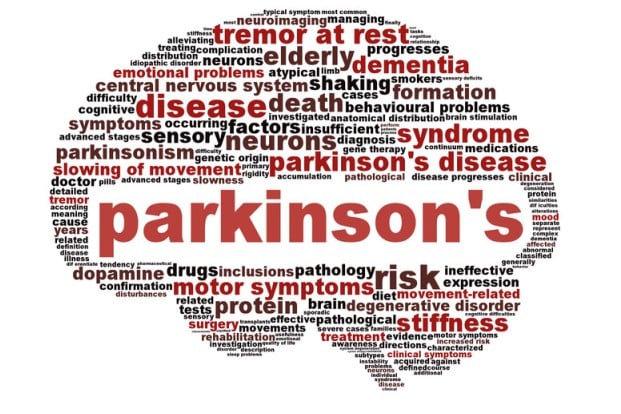Parkinsons’ disease and age of onset
Apr 19, 2022
For majority sake Parkinson’s Disease (PD) is a disease of older population. Age is the greatest risk factor for the development of Parkinson’s disease (PD). PD most commonly starts after the age of 50 years. The incidence increases 5-10 fold from age of sixth to ninth decade of life. However, affection at ages less than 40-50 years (young onset PD) is well known.

Risk factors for developing PD are not one but many and there is a complex interplay among these factors. Apart from age, genetics and environmental factors also play a role in occurrence of PD. There are some clearly established genes, a defect in which is found in some patients of PD, especially in those with younger age at onset. Numerous genetic studies have identified at least 24 genes associations in causation of PD.
However, some people with these genetic defects may not develop PD at all.In young onset PD>10% of patients have a genetic basis, and the proportion of genetically defining cases rises to >40% in those with disease onset before 30 years of age. A positive family history of PD or tremors is more common in patients with younger age of onset of PD.
Some environmental factors as prior head injury, pesticide exposure, living in rural areas and drinking water from wells have been shown to be causative for PD which some as consumption of coffee have been shown to be protective.
Patients with young onset PD respond well to medications but develop drug induced dyskinesias with levodopa more frequently. The younger onset PD group has less cognitive decline and psychiatric manifestations as compared to the older onset population. They are good candidates for surgical options (DBS).
Patients with young onset of disease also have a different impact of the disease socially and psychologically because they are at their earlier stages of their career and may worry about their children having the genes/ disease. In patients with young onset PD it is also important to rule out other causes of parkinsonism also with appropriate investigations. Hence it is important that patients with PD get their treatment supervised by a neurologist or a movement disorder specialist.








